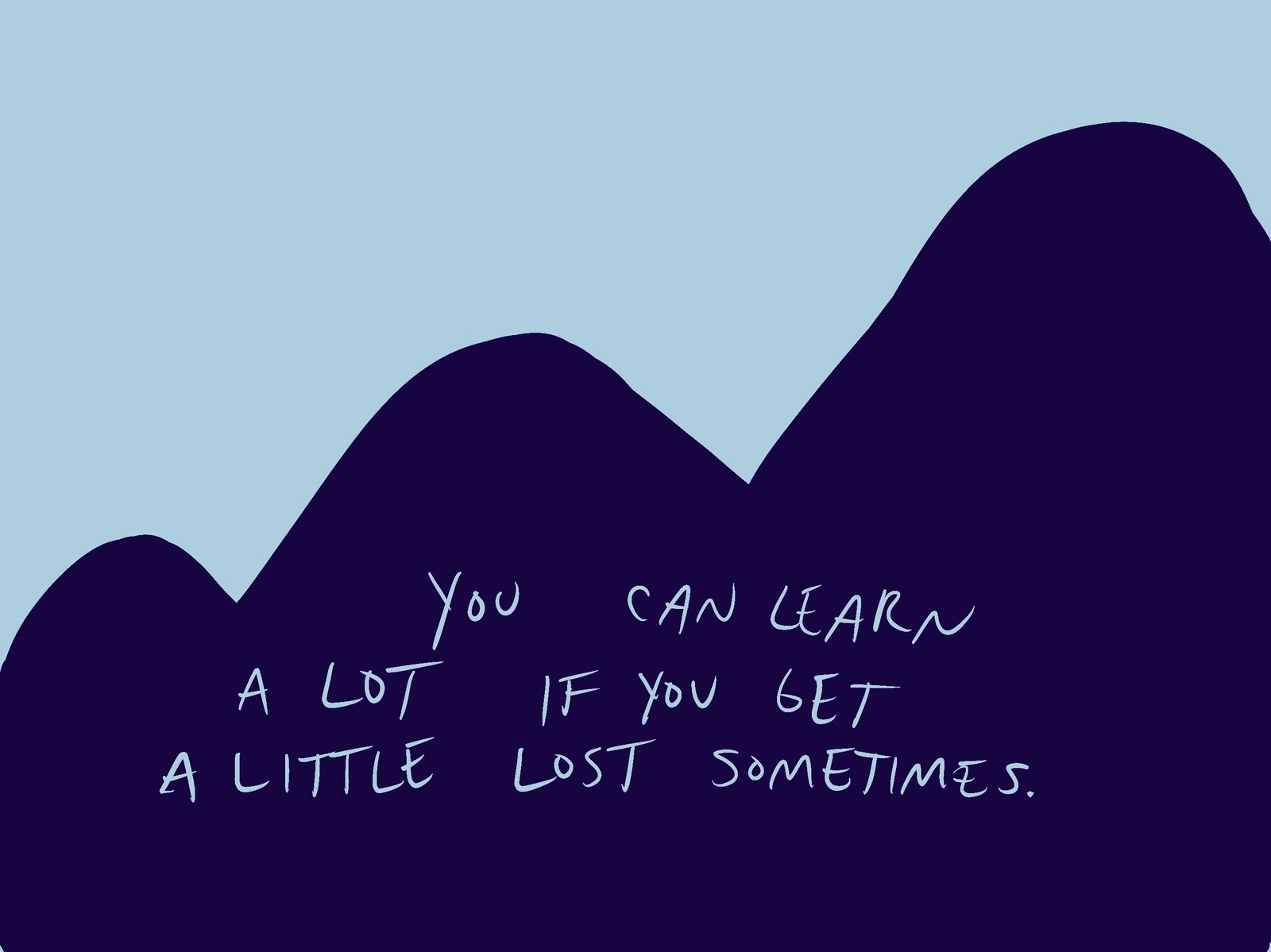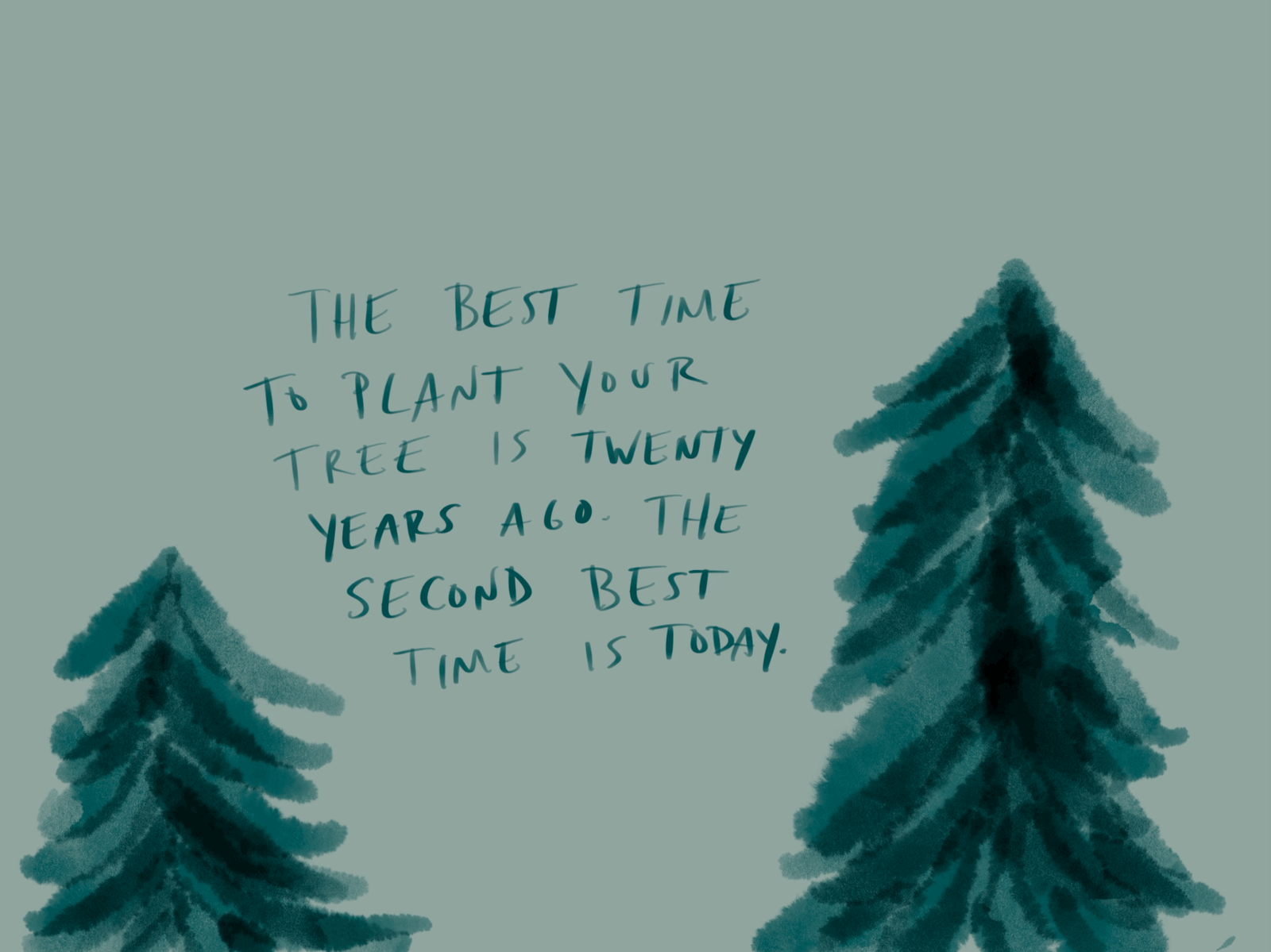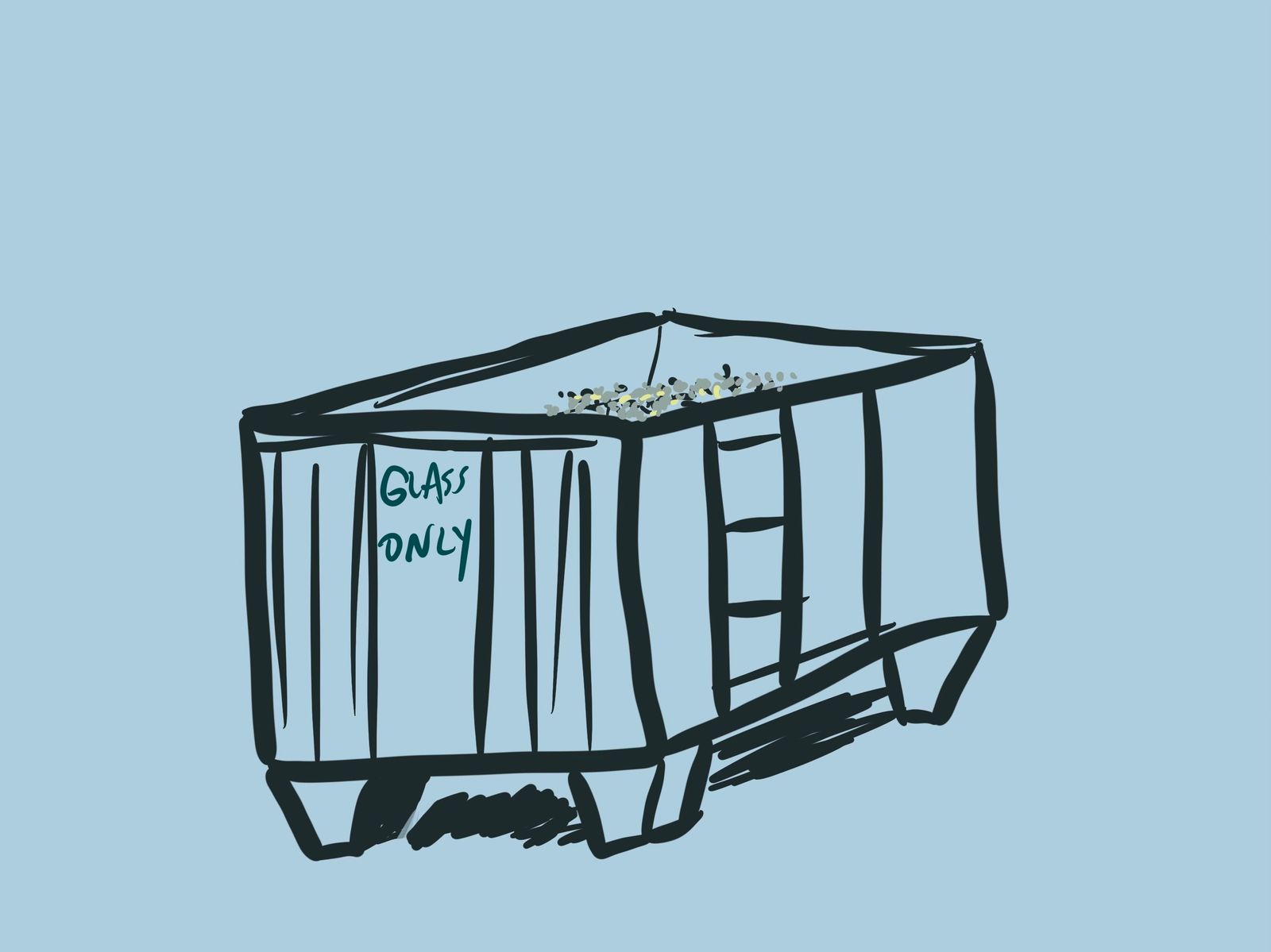"Mom, are you sure we're going the right way now?"
"I think so? Actually, I'm not sure. I think we should turn around again?"
"I know you're trying to be present with me, but I think it's time to get out your phone and look at the map. We are definitely going in a circle. And it's not the right circle."
My 11 year-old son and I set out to climb one of the two mountains in Atlanta to celebrate my birthday. We were attempting a 10 mile loop up Pigeon Hill, Little Kennesaw Mountain, and Kennesaw Mountain proper, the longest hike either of us had ever taken. We were well-prepared: in my pack were two waterbottles, some stale crackers, luke-warm pepperoni, and all the breakfast bars I could scrounge from the pantry (4). In my hand was a phone with a trail map that did not use GPS because I didn't want to pay $30 for an app that made it dynamic. Being the experienced backpacker that I am, I mapped our route the night before. It seemed simple: up and up and up, then down and back around. The National Park Service maintains labyrinthine trails in the young woods around the mountain—young woods are 150 years old. Civil War markers and old statues peek out between trees, sometimes dramatically at the top of an open field in the middle of the woods. For an hour, we'd been walking through rolling, wooded hills, intersected with burbling creeks, waving to passing young families out for a woodland ramble on a sunny Saturday morning, nodding to old couples with binoculars around their necks and walking sticks in their hands. My son and I talked to one another like old friends. He listened to me and asked engaging questions so deep I was stunned. There was so much goodness, so much to claim and be grateful for: sunshine, trees, tumbling creeks, connection. I didn't want to have my hand clawed around my phone thinking about where I was during it all. My son, the pragmatist, had other concerns.
"Mom, do you even know what direction we're supposed to be going? I think we're supposed to be heading northwest. We are definitely walking east."
"How can you tell?"
"The sun. It's morning, the sun rises in the east. We are heading toward the sun. Are you even sure which direction we're going so the map is oriented right?"
"No," I said a little sheepishly. "Look, here's a trail that I think shortcuts us to where we need to go. It's not on the map, but it looks like it's northwest. Let's take it."
A mile later, we sat down on a big rock by a tumbling brook—the same one we'd already passed? Or a diffferent one? I couldn't tell. My son took a big gulp of water, his shoulders sagging.
"We've been here before, Mom. Or at least close to it. What about google maps? Don't they have a walking option?"
"Oh, right." I finally got my phone out, clicked the little walking man, and typed in our destination: Kennesaw Mountain.
Siri knew the trails and chirped, "Proceed to the highlighted route."
We walked 400 yards through the forest, on what was definitely not a trail, before finding the place we began. My son groaned, "Seriously? We have to climb this hill again?"
"We're on a bonafide adventure now. You're not really living unless you get a little lost sometimes."
He sighed a sigh that said, "woman, from now on, I'm in charge of the map," and followed me up the hill. We had a fantastic 12 mile 10 mile hike and treated ourselves to an uber all the way back to the car when the sun was starting to sink in the west.
Since then, I've been thinking about getting lost: people got lost a lot in the Bible. The children of Israel spent 40 years wandering around the desert; Elijah fled Jezebel and ran to the wilderness of Mount Horeb; Jesus, compelled by the Spirit, spent 40 days in the wilderness, being tested. There were so many different trails to choose from in the woods around Kennesaw, so many trailheads that branched in different directions. You get to know a place and the people you're with intimately when you get a little lost together. Everything familiar is stripped away. There's no one to depend on except who you're with and, once you're humble enough, the phone in your hand. God punts people into the wilderness when they're building or rebuilding an identity—His and theirs. When they've forgotten who He is and who they are or when they're just learning who He is and growing into themselves. Getting lost in the wilderness is a liminal place, between things, it shows us what we think we know, but don't actually know; it shows us what to trust and what not to trust.
I'll never forget the feeling of becoming oriented after being completely disoriented, once Siri began to instruct me where to go. I did a 240 degree spin on the spot and started following, as best I could, the little black dotted line on my phone. As much as I believe in the virtue of getting a little lost, I believe even more in the redemption of becoming found.
The children of Israel, the prophets, they didn't spend forever in the wilderness. They learned who they were (and who they weren't) and who God was (and who he wasn't) in that strangest landscape. And then, they found their way home.
In the geography of our lives, of our memories, there are so many trailheads to follow, even more labyrinthine even than the trails surrounding Kennesaw. And while there's so much value in getting a little lost in them—learning who God is, who you are—there's even more value to opening what's already in your hands: a lantern, a compass, and a map, and a little voice telling you the way the mountain and then, most importantly, the way back home again.





